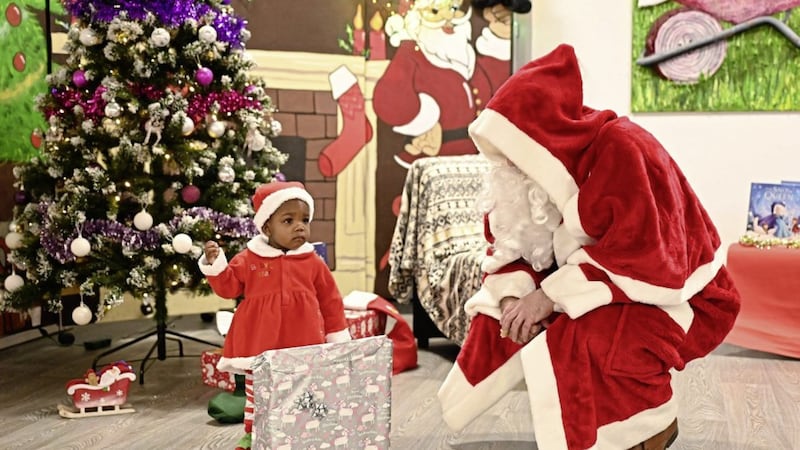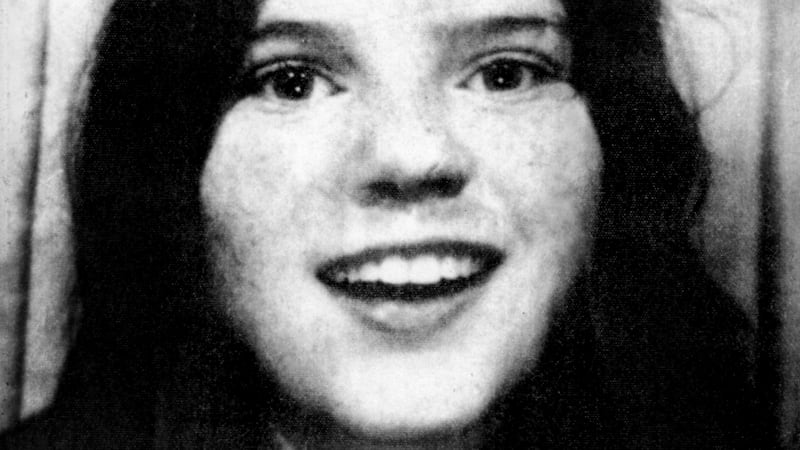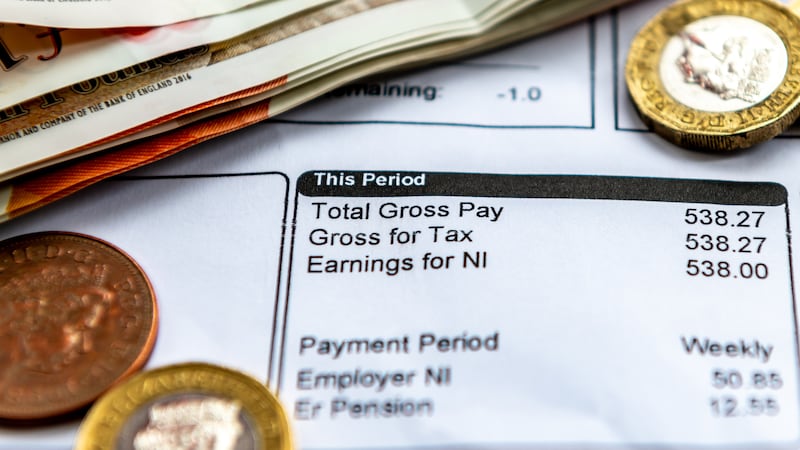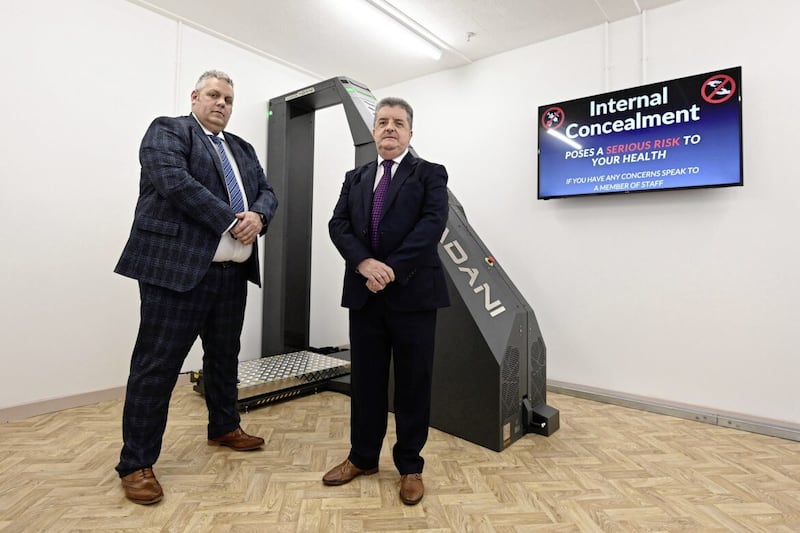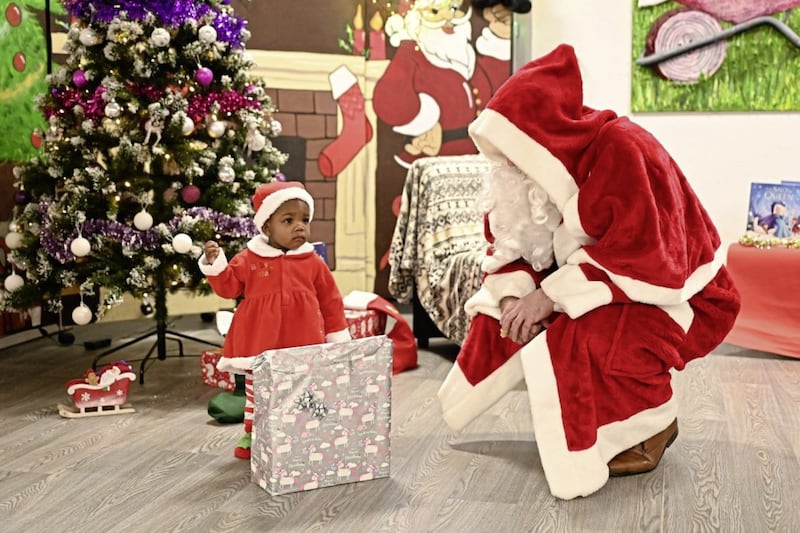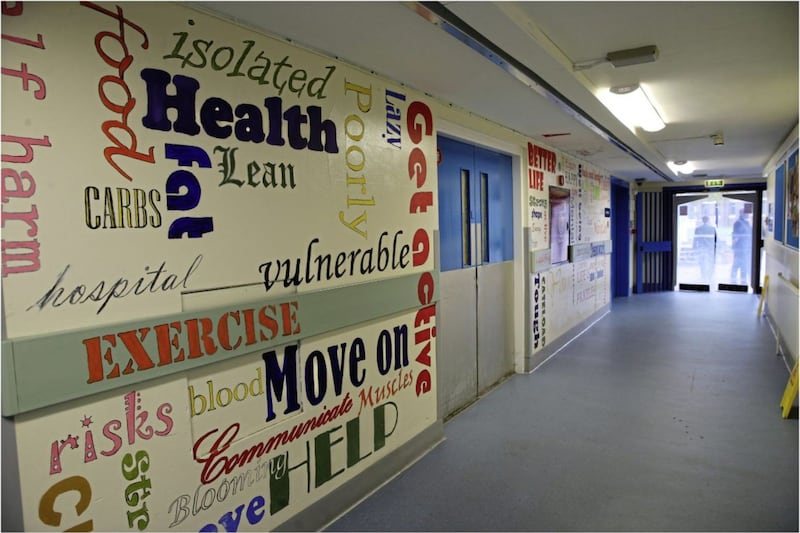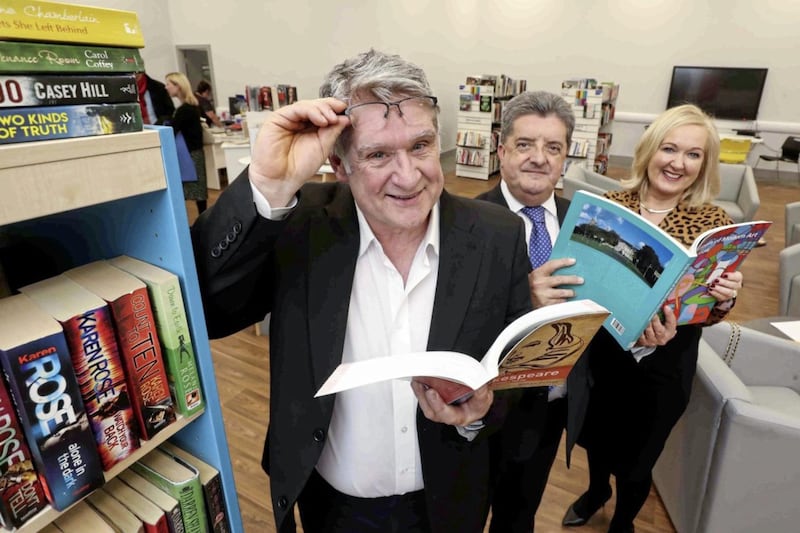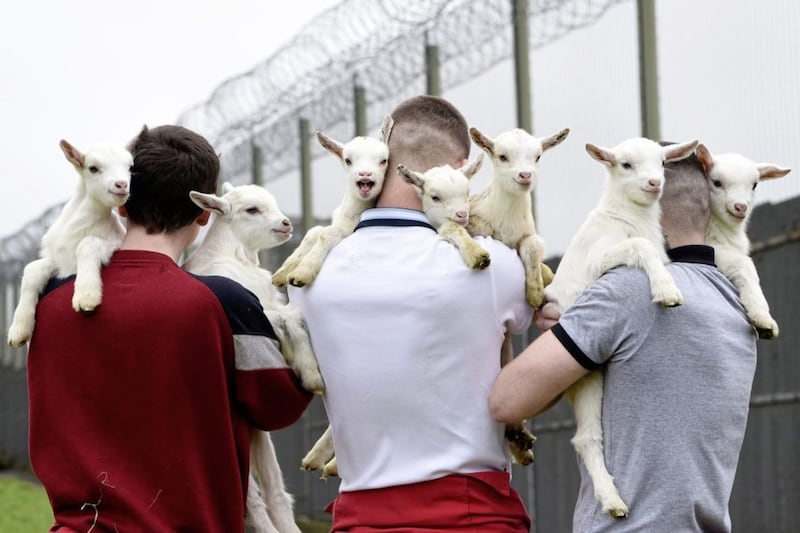HYDEBANK Wood has changed dramatically over the years.
Even the name is different - it's now referred to as a college rather than a prison.
But behind the relaxed regime, where inmates and staff refer to each other on first name terms, it is home to people convicted of crimes including murder, many serving lengthy jail terms.
The drive to make the detention centre on the outskirts of south Belfast a place of rehabilitation rather than one where prisoners serve hard time, was at times controversial, but understandable once the high levels of mental illness and addiction among the female prison population is taken into consideration.
Many are victims themselves of violence and abuse.
Maintaining family ties is key to ensuring prisoners can be released into a stable outside environment, making them less likely to reoffend.
But what happens during a pandemic when human contact is limited and keeping the virus away from the prison population a priority?
Many of the inmates are mothers, some serving short sentences for crimes such as theft and fraud. Others are serving much lengthier prison terms for violence and even murder.
When Justice Minister Naomi Long announced that prison visits were to be suspended in March, the impact that had on the female prisoners, cut off completely from their families, was enormous.
Governor Gary Milling had to quickly come up with an alternative way to maintain those family links.
Access to Skype video calls for prisoners was set up within days.
"Getting to grips with the technology was the hard part, the team were brilliant, at times they were explaining to families step by step how to get online, we'd a few funny moments but got there eventually," he says.
As the governor walks me towards what would have been the family visiting room, through heavy metal doors with fingerprint recognition, a reminder that this is - despite the bright surroundings - still a jail, he explains that because of Covid prisoners are now housed in bubbles.
Similar to family bubbles on the outside, the prisoners in each unit live, work and take part in activities as one group.
As he opens the last of the heavy metal doors, Hydebank's youngest resident 11-month-old baby Skye, dressed in a festive outfit comes toddling along, clearly delighted to see new faces.
Skye's mother is still awaiting trial. She was pregnant when remanded and has been refused bail on a number of occasions. She was taken to an outside hospital to give birth and then returned to the prison with her baby.
Skye has lived her entire life in Hydebank, something the contented and clearly thriving little girl is blissfully unaware of.
The governor tells me her mother has been placed in a unit with two of the more settled prisoners, who have acted as 'aunties' to Skye, helping with her care while her mother worked in the prison kitchens, baking brownies and scones for the NHS.
"She's our star baker," one of the staff members tell me.
With no family in Northern Ireland, Skye faced being placed into foster care if it wasn't for the efforts of Gary Milling and his staff, to ensure her mother was allowed to keep her.
She tells me her biggest fear is her little girl being taken away from her.
All of the women I speak to are keen not to bring any further distress to their families, concerned their children will be stigmatised by their actions. I agree not to name them.
On previous visits to male prisons this was never raised as an issue. Society still judges women behind bars to a greater standard.
Life sentence prison 'Karen' tells me that the Skype contact with her little boy has been enormously beneficial to her entire family at a time of anxiety as the world adjusted to the pandemic.
"He's really a smart child, he knows the reason he can't come and see me, he knows that there's a virus and says scientists are working on a finding a cure."
A small child when she entered prison, he will be a teenager by the time she's released, making the online contact invaluable.
"I'd never seen his bedroom before but he was able to show it to me, he can get bored sometimes and run off but at least I can see him, it's hard not being able to tell him when I'm going to be able to hug him again," she adds.
We're on the move, out of the main prison and heading towards Murray House, a self contained unit for prisoners approaching the end of their sentence. Normally the women housed there are able to work out of prison in the local community.
Due to Covid that's no longer possible.
'Lisa' was released just over a week ago, but has returned for a visit.
She tells me that, above all else, safe housing has been key to her finding stability.
"I'll not be back this time because I've a wee flat of my own. I'm drug and alcohol tested regularly but that doesn't bother me. When I've been released before I was sofa surfing, it's too easy to fall back, I know the triggers now and how to avoid them."
Prisoner 'Jane' is in Murray House awaiting a release date. She has been helping make hampers for the People's Kitchen food bank to keep her active.
Addicted to drugs when she entered prison for a violent offence, she's now completely clean and has had help dealing with years of trauma that sent her life spiralling out of control.
With an infectious personality she finds it hard to stand still telling me how she made personalised, handwritten cards to be placed in each of the hampers. She used her own weekly tuck shop money to buy the materials to make the cards.
As we are speaking, north Belfast SDLP councillor and People's Kitchen organiser Paul McCusker arrives to collect the hampers for delivery to needy families.
"Paul helped me when I was teenager living on the streets, this isn't work to me, this is a privilege," 'Jane' tells me.
"I'm going to volunteer with him when I get out. I want to help because I know what it feels like to be in that situation. I know I'll never go back to the way I was. I feel like I'm finally the person I'm meant to be," she adds.
